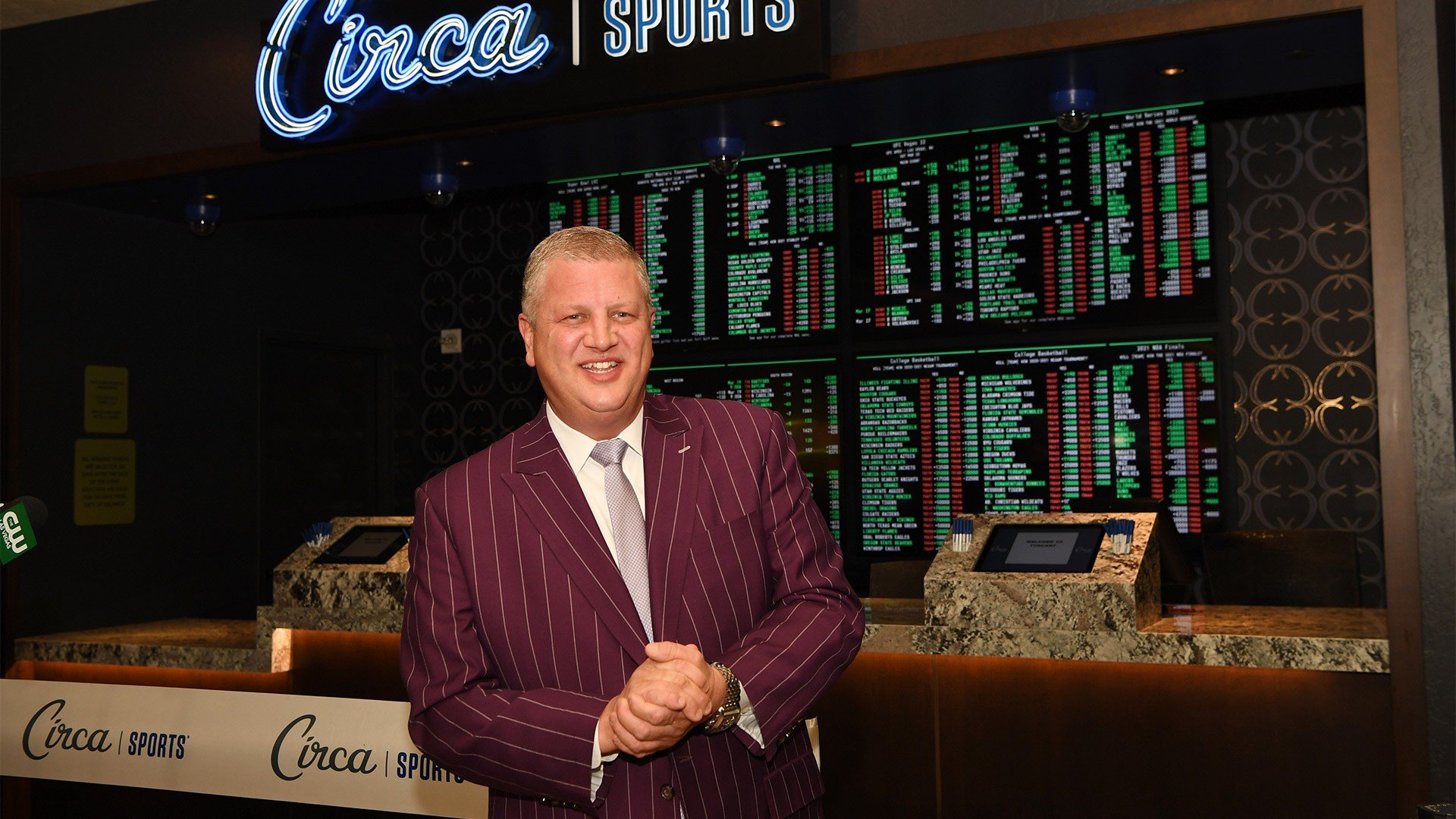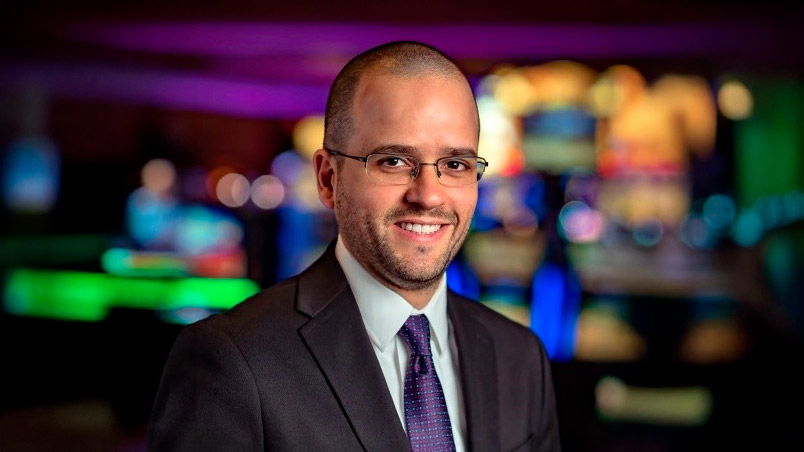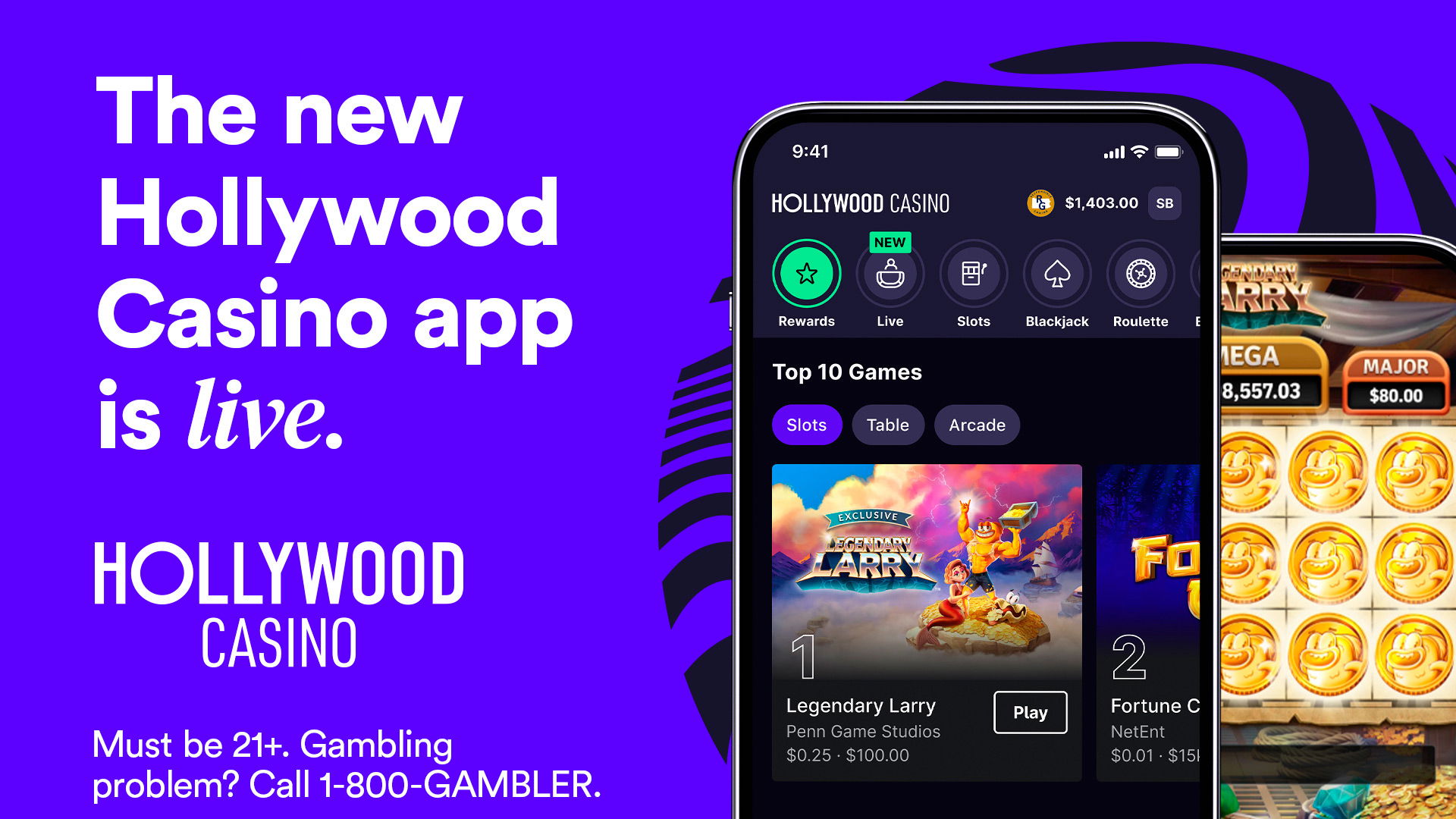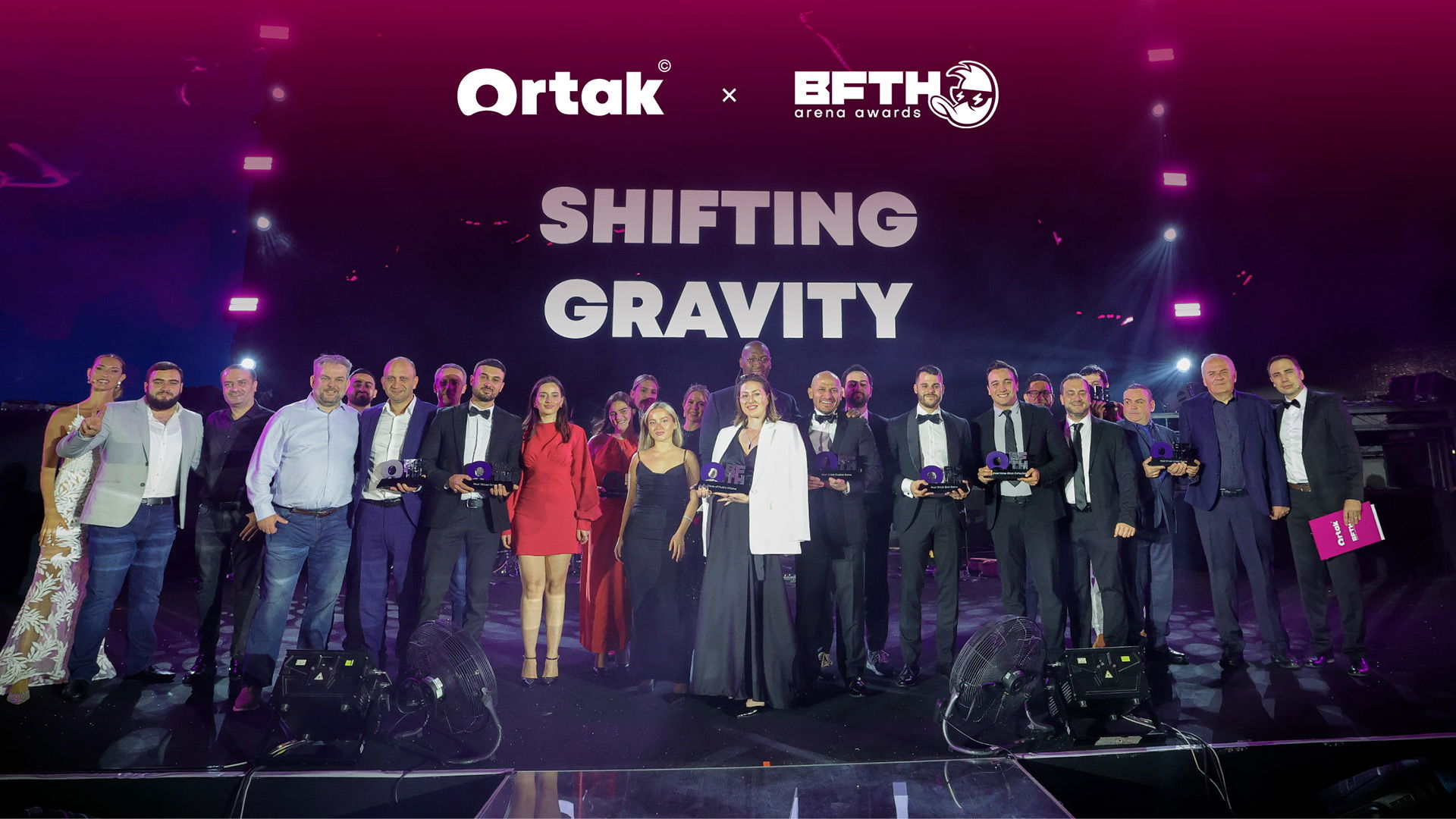Illinois Governor signs progressive sports betting tax into law with new budget

Illinois Governor JB Pritzker has signed the $53.1 billion budget package for Fiscal Year 2025 into law, introducing a significant change to sports betting tax rates in the state, effective July 1. Under the plan, operators with the highest adjusted gross revenue will face a 40% tax.
The legislation, HB 4951, passed during a marathon legislative session a week ago, with the House of Representatives concurring on five Senate amendments after the bill cleared the upper chamber.
The changes, opposed by the sports betting industry, will particularly affect companies operating mobile betting platforms, as they may face higher tax brackets upon surpassing specific revenue thresholds.
Operators with the highest adjusted gross revenue would face a 40% tax, compared to New York's nation-leading 51%.
Operators have been paying a 15% tax since sports betting became legal in June 2021. Governor Pritzker had earlier proposed an increase to a flat 35% rate as a means of raising an estimated $200 million in revenue. The new Senate version introduces a sliding scale tax from 20% to 40%.
The scale imposes:
- 20% tax on AGR up to $30 million
- 25% on AGR over $30 million to $50 million
- 30% on AGR over $50 million to $100 million
- 35% on AGR over $100 million to $200 million
- 40% on AGR over $200 million
The Senate's tax structure separates AGR for retail and digital sportsbooks, requiring separate taxes for each.
With the bill being enacted, Illinois becomes the second state after Arkansas to implement a progressive sports betting tax. In Arkansas, casino revenue, including sports betting, is taxed at 13% for the first $150 million and 20% for revenue above $150 million.
Elsewhere, New Jersey is considering raising its sports betting tax to 30% from 14.25%, while Ohio recently signed into law an increase in the tax rate from 10% to 20% for the 2024-25 fiscal year.
The new tax system has prompted major online oddsmakers FanDuel and DraftKings to state they'll reconsider their operations in Illinois. They argue the hike is significant enough to affect their "level of investment and participation in the state.”
Last year, these companies generated over $729 million from Illinois bettors, and they have made nearly a quarter-billion dollars so far this year. Pritzker, however, maintains that the tax increase ensures these companies pay "their fair share."
DraftKings, FanDuel, and other major sportsbooks, represented by the Sports Betting Alliance, lobbied extensively against the tax hike during the legislative session. The governor’s initial proposal of a 35% flat tax faced also significant opposition, especially from Republican lawmakers and some Democrats concerned about its impact on the industry, leading to the graduated tax system being agreed upon.


















































